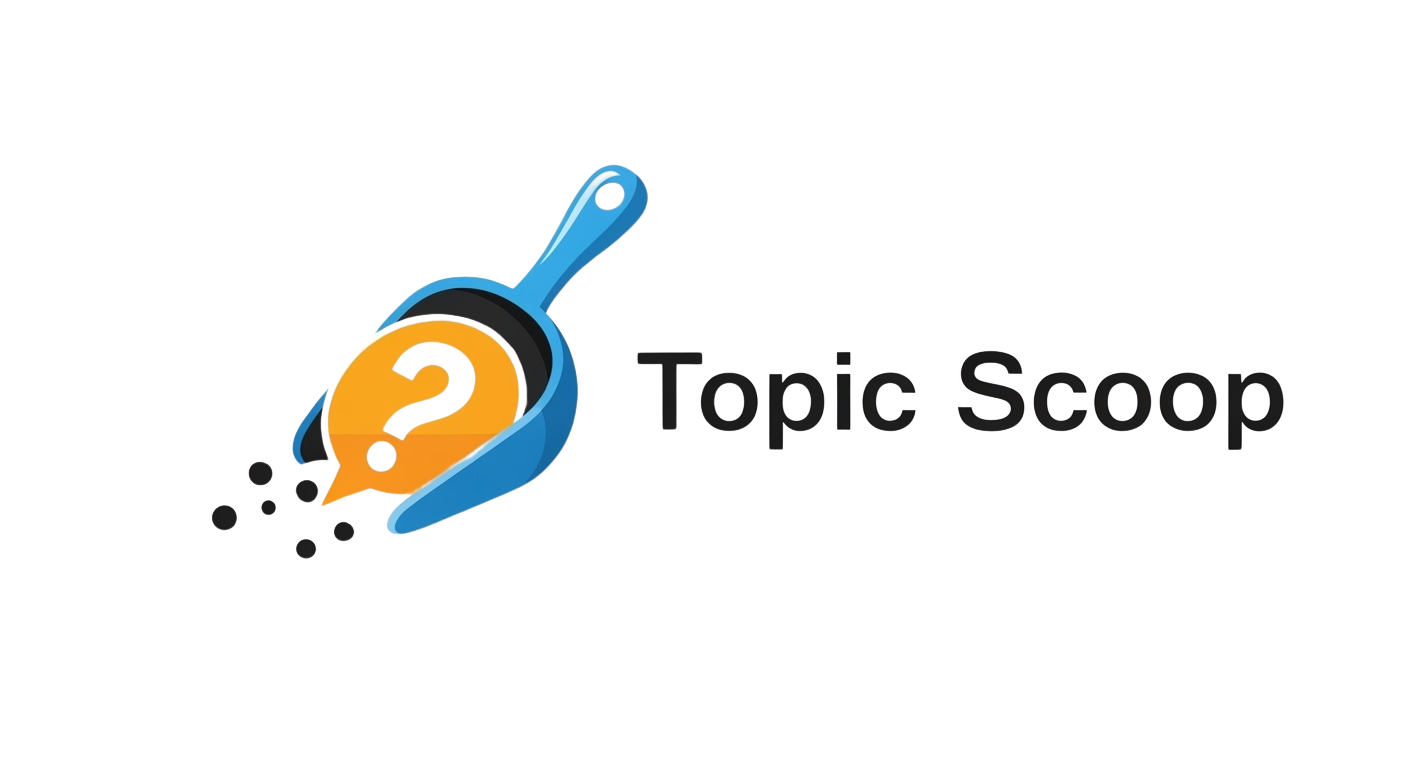Having spent a decade analyzing pharmaceutical industry workforce trends and educational ROI metrics, I’ve developed a comprehensive framework for evaluating healthcare career investments that most prospective students never consider. Nursing represents one of the most stable, high-demand career paths available, but success requires strategic planning, realistic financial analysis, and understanding of the diverse specialization opportunities that can dramatically impact earning potential and job satisfaction over a 30-year career.
Labor market analysis reveals nursing demand that far exceeds supply across virtually all geographic markets and specialty areas. The Bureau of Labor Statistics projects 6% growth through 2032, with replacement needs from retiring nurses creating additional opportunities. This supply-demand imbalance creates favorable conditions for new graduates, including signing bonuses, tuition reimbursement, flexible scheduling, and accelerated advancement opportunities that didn’t exist in previous decades.
Educational pathway optimization requires careful analysis of program types, accreditation standards, and cost-benefit ratios for different degree levels. Associate degree programs provide fastest entry to practice at lowest cost, while Bachelor of Science in Nursing (BSN) programs offer better advancement opportunities and meet Magnet hospital requirements. Accelerated BSN programs serve career changers efficiently, though intensive schedules demand careful preparation and support systems.
Financial analysis of nursing education should include not just tuition costs but also opportunity costs, living expenses during school, and potential earnings foregone during training. However, nursing programs typically require 2-4 years compared to many healthcare careers requiring 6-8 years, resulting in faster positive ROI. Calculate net present value of different educational pathways to optimize your investment strategy.
Specialization opportunities in nursing provide career advancement and salary optimization similar to pharmaceutical development specializations. Critical care, emergency nursing, nurse anesthesia, and nurse practitioner roles command premium salaries while offering intellectually stimulating work environments. Early specialization planning helps guide course selection and clinical rotation choices that position graduates for competitive specialty programs.
Geographic arbitrage presents significant opportunities for nursing graduates willing to consider different markets. Travel nursing, rural hospital positions, and certain metropolitan areas offer substantial salary premiums, housing allowances, and accelerated experience opportunities. Factor location flexibility into your career planning to maximize earning potential and professional development speed.
Technology integration in modern nursing requires continuous learning but creates opportunities for tech-savvy professionals. Electronic health records, telemedicine, robotic surgery assistance, and clinical decision support systems require ongoing education but differentiate nurses in competitive markets. Embrace technology training as investment in career longevity and advancement potential.
Work-life balance varies dramatically between nursing specialties and work environments, affecting long-term career satisfaction and sustainability. Hospital floor nursing typically involves 12-hour shifts with high patient loads, while outpatient clinic positions offer regular business hours with lower stress levels. Research different practice environments thoroughly to align career choices with personal priorities and family obligations.
Professional development requirements in nursing parallel pharmaceutical industry continuing education mandates – ongoing learning is mandatory for license maintenance and career advancement. Budget time and money for continuing education, certification maintenance, and professional conferences that enhance skills and networking opportunities. These investments compound over time to create significant career advantages.
Long-term earning potential in nursing can exceed many traditional professional careers when specialty training, geographic optimization, and leadership development are pursued strategically. Experienced nurse practitioners, certified registered nurse anesthetists, and nursing administrators often earn $100,000+ annually while enjoying job security that pharmaceutical and technology workers rarely experience. Nursing provides a career foundation that supports family stability and personal growth over decades, making the educational investment one of the most reliable paths to middle-class prosperity available in today’s economy.








